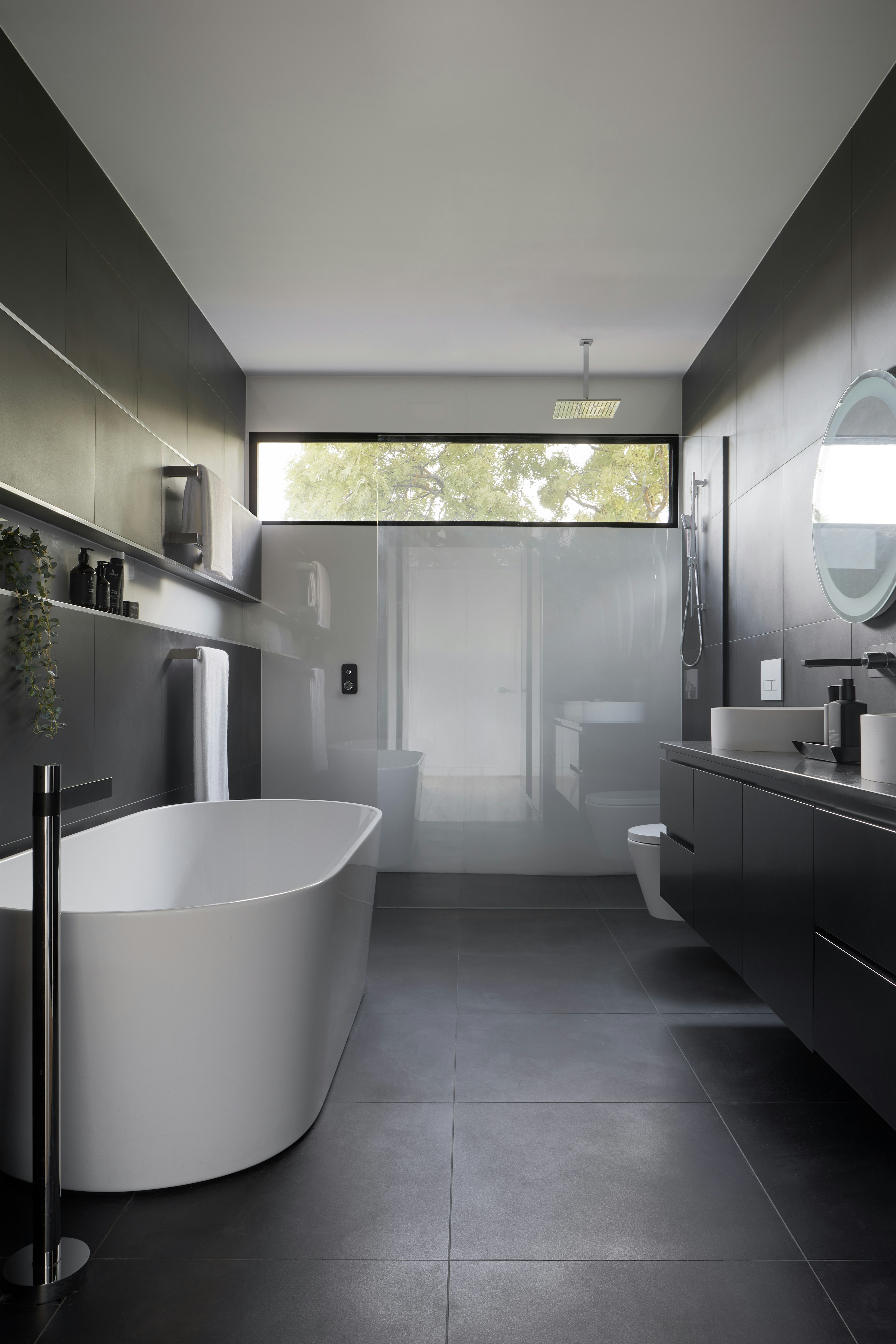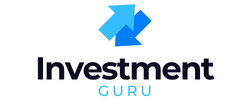Renovating a fixer-upper with an FHA 203k loan can be one of the smartest ways to turn a property into your dream home. The program rolls purchase and renovation costs into a single mortgage, making it more affordable for buyers who want to invest in homes that need repairs. But here’s the catch: managing a 203(k) project requires the right contractor and a clear plan to keep the work on track.
Unlike a standard home renovation, FHA 203k projects have strict rules and oversight. Contractors must follow FHA guidelines, provide detailed bids, and complete work within set deadlines. If you’re the buyer, having a checklist and a realistic timeline is crucial to make sure everything runs smoothly—and to avoid costly delays.
A contractor checklist can help you confirm whether your builder is qualified for a 203(k) project, whether their bid includes all required details, and if they understand the payment schedule tied to the loan. From licenses and insurance to itemized cost estimates, these details can make or break your loan approval.
The timeline is just as important. Most 203(k) renovations need to be completed within six months, and lenders require progress inspections along the way. Without a structured schedule, projects can stall, inspections can be delayed, and funding can get held up.
In this article, we’ll share a practical FHA 203k contractor checklist and renovation timeline that homeowners can use as a roadmap. Whether you’re just starting your loan application or already searching for a contractor, this guide will help you stay organized and confident throughout the rehab process.
Table of Contents
What Is the FHA 203k Rehab Loan?

The FHA 203(k) loan is a government-backed mortgage program offered by the Federal Housing Administration. Instead of purchasing a property and applying for a second loan for renovations, homeowners can roll both purchase and renovation costs into one mortgage. This is especially beneficial for buyers of distressed or older properties who need financing to cover necessary repairs.
Two types of FHA 203(k) loans exist:
- Standard 203(k): Suitable for major structural repairs, significant remodeling, or projects exceeding $35,000 in costs.
- Limited 203(k): Tailored for non-structural and minor renovation projects under $35,000.
More information on FHA loan programs can be found at the official HUD website.
Why a Rehab Loan Contractor Checklist Matters
The FHA requires approved, licensed contractors for 203(k) projects. Your lender will not release funds unless the rehab plan is vetted and verified by a certified consultant or appraiser. Using a contractor checklist ensures you choose reliable professionals and stay on track during the project lifecycle.
FHA 203(k) Rehab Loan Contractors Checklist
Here is a step-by-step FHA 203k rehab loan contractors checklist designed for borrowers:
FHA 203(k) Rehab Loan Timeline
The loan process involves several stages. Below is a structured FHA 203k rehab loan contractors timeline:
| Stage | Timeline | Activities |
|---|---|---|
| Pre-Approval | 1–2 weeks | Meet with lender, verify credit/income, discuss FHA 203(k) eligibility. |
| Contractor Selection | 2–3 weeks | Interview contractors, review bids, confirm compliance with FHA standards. |
| Loan Application & Consultant Work | 2–4 weeks | HUD consultant inspects property, writes work summary, appraiser provides valuation. |
| Underwriting & Approval | 3–6 weeks | Lender reviews contractor documents, consultant reports, and applicant financials. |
| Loan Closing | 1 week | Funds disbursed to escrow account, repairs scheduled. |
| Construction Start | Within 30 days of closing | Contractor begins repairs, HUD consultant monitors progress. |
| Project Completion | Up to 6 months | Inspections, progress draws, final close-out. |

Tips for Managing Your FHA 203k Rehab Loan Project
- Create a Communication Schedule: Require weekly updates from your contractor on progress and challenges.
- Leverage Escrow Accountability: Payments are only made after approved inspections, giving you leverage to demand quality.
- Document Everything: Keep copies of bids, invoices, warranties, and permits to speed up lender reviews.
- Expect Surprises: Build a 10-15% contingency budget for unexpected repairs discovered mid-project.
- Use Technology: Manage project timelines and updates using apps like Trello, Asana, or even Google Sheets.
Costs of FHA 203k Loans and Contractor Setup
Alongside contractor bids, borrowers should understand fees and costs built into 203(k) projects:
- Upfront Mortgage Insurance Premium (UFMIP) at 1.75% of loan amount.
- Annual Mortgage Insurance Premium (MIP) calculated into monthly payments.
- Supplemental origination fees by lenders, often the greater of $350 or 1.5% of repair costs.
- HUD consultant fees ranging from $400–$1,000 depending on project size.
These fixed costs make accurate contractor bids critical so you don’t over-leverage.
FHA 203(k) vs. Other Renovation Loan Programs
Borrowers comparing their financing options should know how FHA 203(k) differs from alternatives:
| Program | Loan Type | Minimum Down Payment | Best For |
|---|---|---|---|
| FHA 203(k) | Government-Backed | As low as 3.5% | Credit-challenged buyers purchasing fixer-uppers |
| Fannie Mae HomeStyle | Conventional | 3–5% | Strong credit borrowers looking for flexible upgrades |
| VA Renovation Loan | Veteran Benefit | 0% | Eligible veterans seeking both purchase and rehab financing |
For official details, review Fannie Mae’s HomeStyle guide and VA program pages on VA.gov.

Action Steps to Get Started
- Contact at least 3 lenders who offer FHA 203k loans. Ask specifically if they have in-house FHA 203k specialists.
- Shortlist HUD-approved consultants in your area. Most lenders can provide a directory.
- Use the checklist above to screen contractors. Do not start work until the loan formally closes.
- Create a personal project binder or cloud folder to store all bids, documents, and contracts.
- Schedule weekly inspections and require contractors to confirm progress reports.
Frequently Asked Questions (FAQs)
- Do I need an FHA-approved contractor?
No formal HUD contractor list exists, but contractors must meet lender and FHA compliance rules. Experience with FHA 203(k) projects is highly recommended.
- Can I act as my own contractor?
Generally, no. HUD requires professional contractors unless you prove exceptional experience and lender approval.
- How long do I have to complete repairs?
Most FHA 203(k) loans require work to begin within 30 days of closing and finish within 6 months.
- Are luxury upgrades allowed?
No. FHA restricts upgrades to necessary improvements. Pools, outdoor kitchens, and pure luxury items are not fundable.
- Can I include temporary housing costs?
Yes, if the property will be uninhabitable during repairs, up to 6 months of mortgage payments can be financed.
- What’s the difference between Limited and Standard 203(k)?
Limited covers projects under $35,000 without structural work. Standard allows larger structural repairs with HUD consultant oversight.
- Is the FHA 203(k) loan available for investment properties?
No. 203(k) loans are for owner-occupied primary residences only.
- Will my contractor be paid upfront?
No. FHA 203(k) contractors are paid through draws after inspection approvals.
- Can I refinance my current home with an FHA 203(k)?
Yes, homeowners can refinance an existing FHA or conventional loan into a 203(k) with rehab costs rolled in.
- What credit score is needed?
FHA rules allow scores as low as 580 with 3.5% down, though lenders often prefer higher for 203(k) projects.
Conclusion
The FHA 203k rehab loan is a dynamic financing option that helps borrowers breathe new life into properties. By using a structured FHA 203k rehab loan contractors checklist and following a clear timeline, you can avoid costly mistakes, hold contractors accountable, and move confidently from loan approval to project completion. Start by interviewing your contractors, consulting HUD resources, and organizing your project details now—the right preparation ensures success in both financing and construction.


